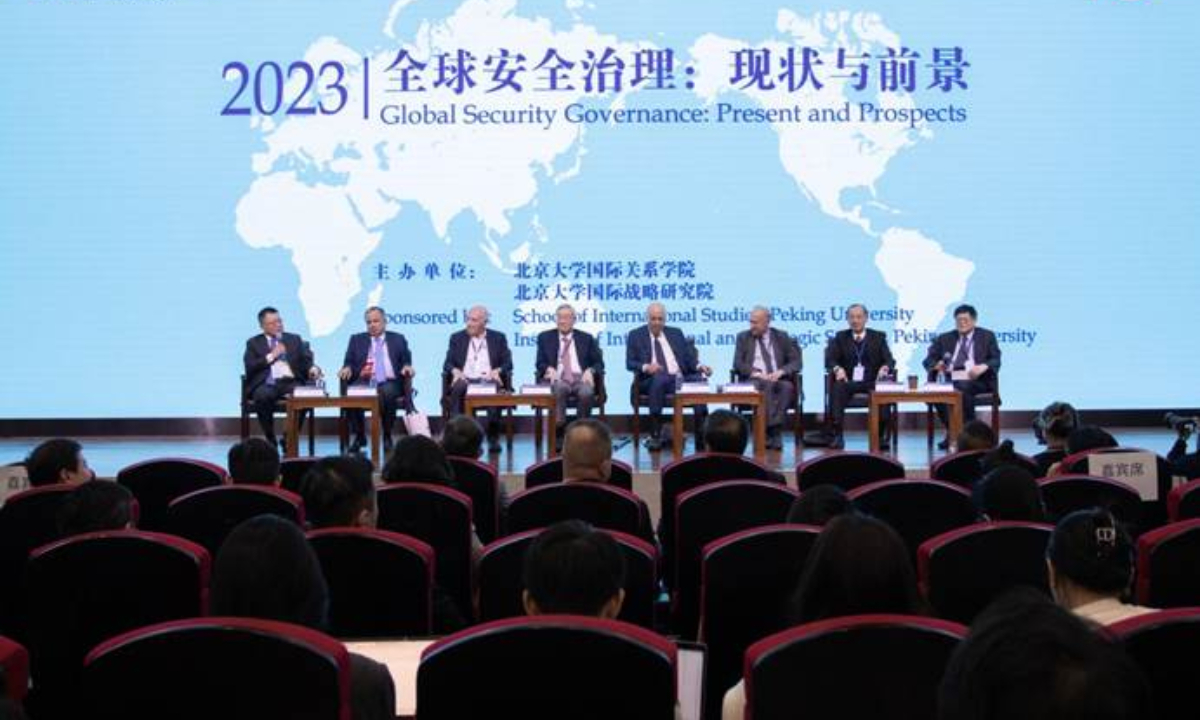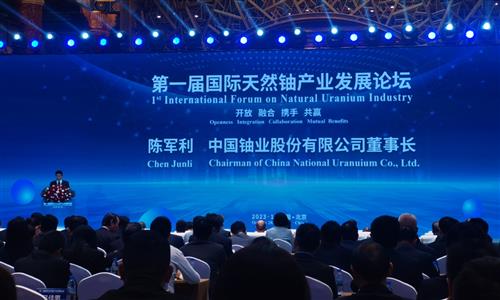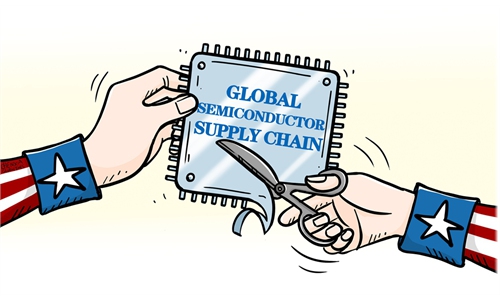China and US are destined to work together: former US deputy secretary of state John Negroponte

Photo: Courtesy of North Pavilion Dialogue
"At the moment, we are going through a period of some tensions in the US-China relationship, but I sincerely believe that we will find ways to get past," former US deputy secretary of state John Negroponte said at North Pavilion Dialogue held by Peking University in Beijing on October 27.
Under the theme of "Global Security Governance: Present and Prospects," former officials and experts attending the forum exchanged views on US-China strategic competition, security and stability in Eurasia and the Asia-Pacific region. A consensus is that the China-US tensions remains serious, but a certain degree of stability can be maintained through joint efforts. The increasingly complex situation in Eurasia and the Asia-Pacific region poses a major challenge to global security, but also provides room for cooperation between China and the US in terms of global governance.
Negroponte spoke briefly about his views on US-China relations and shared his impressive stories in China. Beginning with his diplomatic career as Vice Consul in Hong Kong, he lived through the various iterations of the US-China relations, including the privilege of accompanying former US secretary of state Henry Kissinger to Beijing in the early 1970s, which was a turning point in the US-China relationship. It can be said that Negroponte is witness to the establishment and evolution of US-China relations.
Since the establishment of formal relations between China and the US in 1979 and China's accession to WTO in 2001, the relationship has grown to the point where we have the hundreds of billions of dollars in two-way trade between the two countries. According to Negroponte, China has achieved "incredible development" and become "a major player on the world stage."
But for now, Negroponte mentioned that these differences between China and the US are not easy to resolve, such as the Taiwan question, the South China Sea issue, and others. "If you think about the logic of the situation, we cannot let these kinds of differences lead to a disruption in the relationship and a threat to world peace. I think that we are destined as two countries, given the importance of our economies and of the weight of our influence in world and regional affairs, to have to work together," Negroponte added. He also stressed that it's not only that we want to solve some of the existing tensions and avoid any possibility of a tragic conflict between us, which would be in absolutely no one's interest.
On October 26, Chinese Foreign Minister Wang Yi met with US Secretary of State Antony Blinken in Washington. Wang Yi noted that China and the US "have disagreements and differences," but at the same time, they also "share important common interests and face common challenges." Whether the Chinese and US leaders will meet at the 2023 APEC summit in November has also become the focus of international attention.
Similarly, Negroponte also emphasized that only through the solution of these kinds of differences, can China and the US be able to "realize the potential of our bilateral relationship and the opportunities for cooperation on some major issues of the world, whether it has to do with encouraging world peace, dealing with the dramatic and serious environmental issues that the world confronts, or dealing with other transnational issues which don't recognize national boundaries."
Therefore, even though the China-US relationship has been encountering some difficulties and challenges, the former US deputy secretary of state said he is "optimistic for the long term future," and hopes that "all of us keep alive the hope of progress in our relationships," so that we can actually fully recognize the potential of China-US cooperation.



